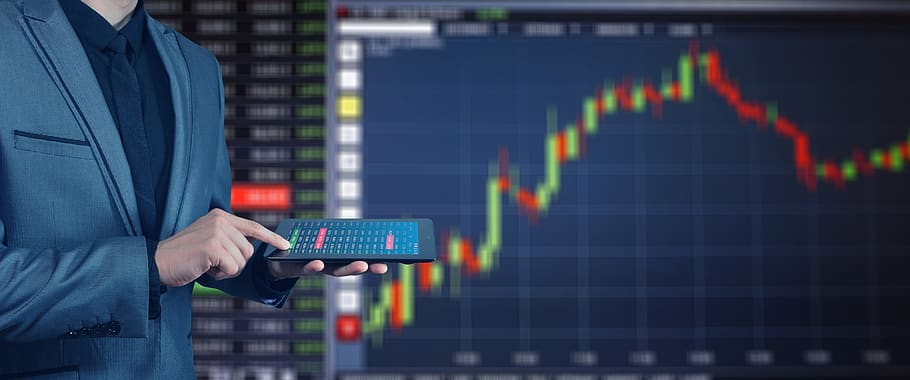GLOBAL MARKETS-European shares tentative as nerves over US debt talks linger
but it's not our base case at the moment, because we do think that we'll find a resolution either just before the deadline or just after the deadline." European stocks extended some of the gains from their Asia counterparts, which rose on a rally in regional chip shares after China on Sunday barred U.S. firm Micron from selling memory chips to key domestic industries over security concerns.

European shares were off to a cautious start on Monday while Wall Street futures struggled, with traders left on edge as U.S. debt ceiling negotiations approached crunch time after stalling last week.
U.S. President Joe Biden and House Republican Speaker Kevin McCarthy will meet to discuss the debt ceiling on Monday, less than two weeks before a June 1 deadline after which Treasury expects the federal government will struggle to pay its debts. A failure to lift the debt ceiling would trigger a default, likely sparking chaos in financial markets and a spike in interest rates.
The MSCI All-World index was up 0.12% on the day, while Europe's STOXX 600 <.STOXX > fell 0.03%. London's FTSE 100 gained 0.19%. U.S. stock index futures similarly painted a mixed picture, with S&P 500 futures falling 0.15% while Nasdaq futures rose 0.03%.
"We believe that the debt ceiling issues in the U.S. will remain quite short-lived. Certainly there (are) risks there of greater financial volatility," said HSBC chief Asia economist Frederic Neumann at a webinar on Monday. "If this is more drawn out than expected, then this would likely depress U.S. growth ... but it's not our base case at the moment, because we do think that we'll find a resolution either just before the deadline or just after the deadline."
European stocks extended some of the gains from their Asia counterparts, which rose on a rally in regional chip shares after China on Sunday barred U.S. firm Micron from selling memory chips to key domestic industries over security concerns. The ban helped stocks of Micron's rivals in China and elsewhere, which are likely to benefit as mainland firms seek memory products from other sources.
However, market jitters about the U.S. debt ceiling talks set the mood. "In the art of brinkmanship, it feels that to get a deal we must see greater market volatility," said Chris Weston, head of research at Pepperstone.
Jonathan Pingle, U.S. chief economist at UBS, views the Japanese yen and gold as best placed to benefit from a U.S. default. "Only a 1-month long impasse post the X-date is likely to cause a tightening of financing conditions sharp enough that it causes the dollar to rally strongly," said Pingle.
On Friday, reports that the debt ceiling negotiations had reached an impasse rattled markets even as Federal Reserve Chairman Jerome Powell said U.S. interest rates might not need to rise as much given the tighter credit conditions from the banking crisis. Futures are pricing in close to a 90% chance that the Fed will keep rates unchanged at its next meeting in June, and a total of almost 50 basis points of cuts by the end of the year.
That has knocked the dollar off a two-month top against a basket of major peers, though the index found some support from safe-haven bids and was last 0.15% higher at 103.19. Meanwhile, regional U.S. bank shares fell on Friday, as Treasury Secretary Janet Yellen reportedly warned that more mergers may be necessary after a series of bank failures.
In Asia, China kept its key lending rates unchanged on Monday even as an economic recovery disappointed. Traders are also digesting the implications of the Group of Seven's "de-risk, not decouple" approach to China and supply chains flagged at the group's summit on Sunday. Beijing has summoned the Japanese ambassador to register protests over "hype around China-related issues" at the summit.
The Fed will release minutes of its May meeting on Wednesday, while U.S. personal consumption expenditures inflation data is due out on Friday. In the Treasuries market, debt ceiling concerns have created large distortions in the short-end of the yield curve as investors avoid bills that come due when the Treasury is at risk of running out of funds.
The yield on the one-month Treasury bill jumped 15 basis points to 5.6677% on Monday. Two-year yields last stood at 4.2429%, pulling away from a recent two-month high, while the 10-year yield also dipped to 3.6574%.
Oil prices took a hit. U.S. crude futures were down 1.2% to $70.68 per barrel, while Brent crude futures likewise fell more than 1% to $74.77 per barrel. Gold prices were largely unchanged at $1,974.60 per ounce.
(This story has not been edited by Devdiscourse staff and is auto-generated from a syndicated feed.)










